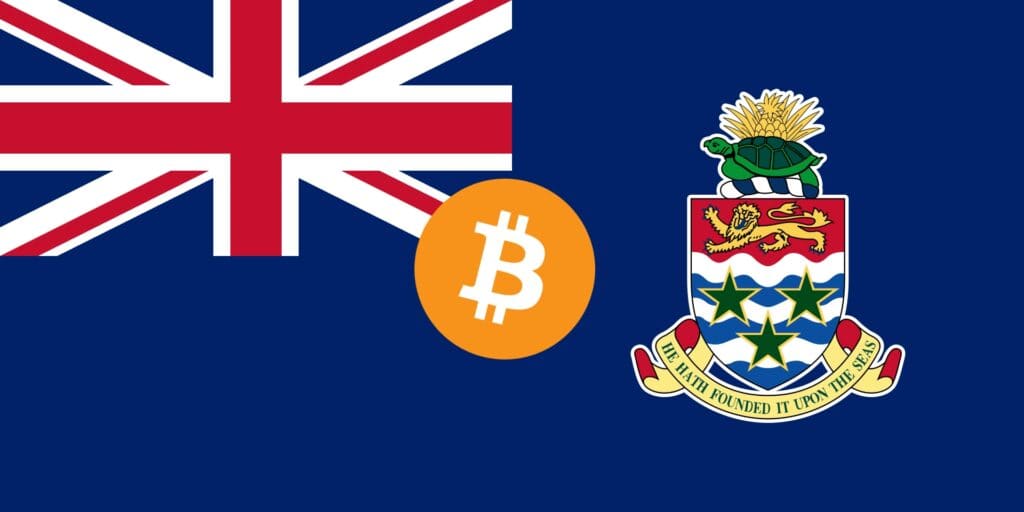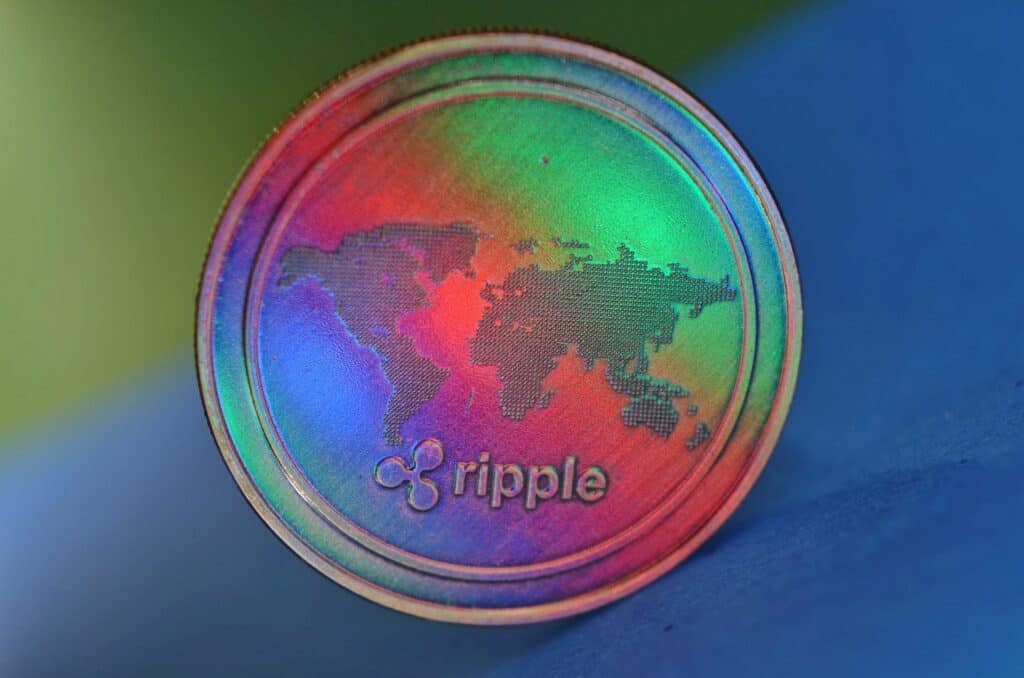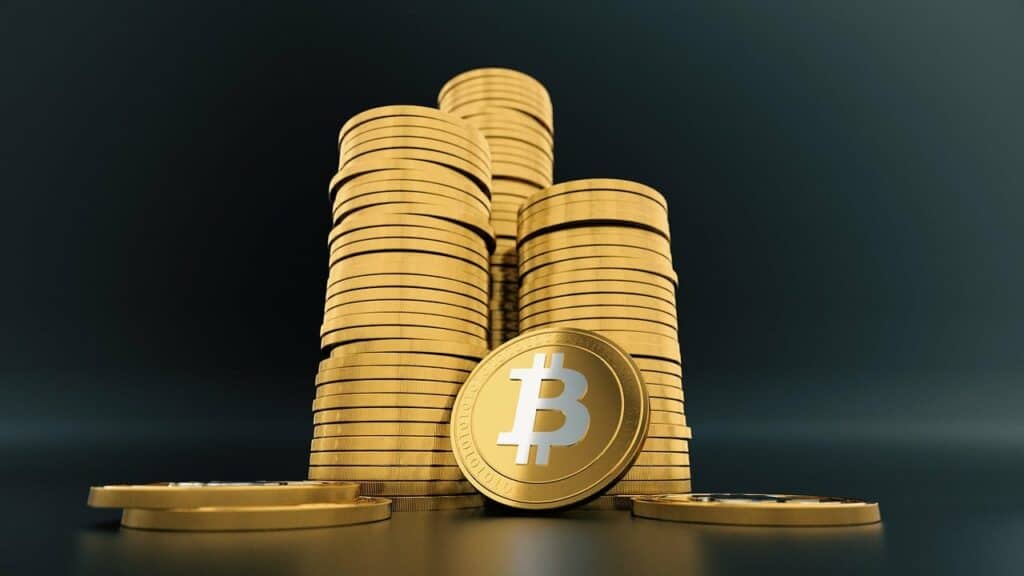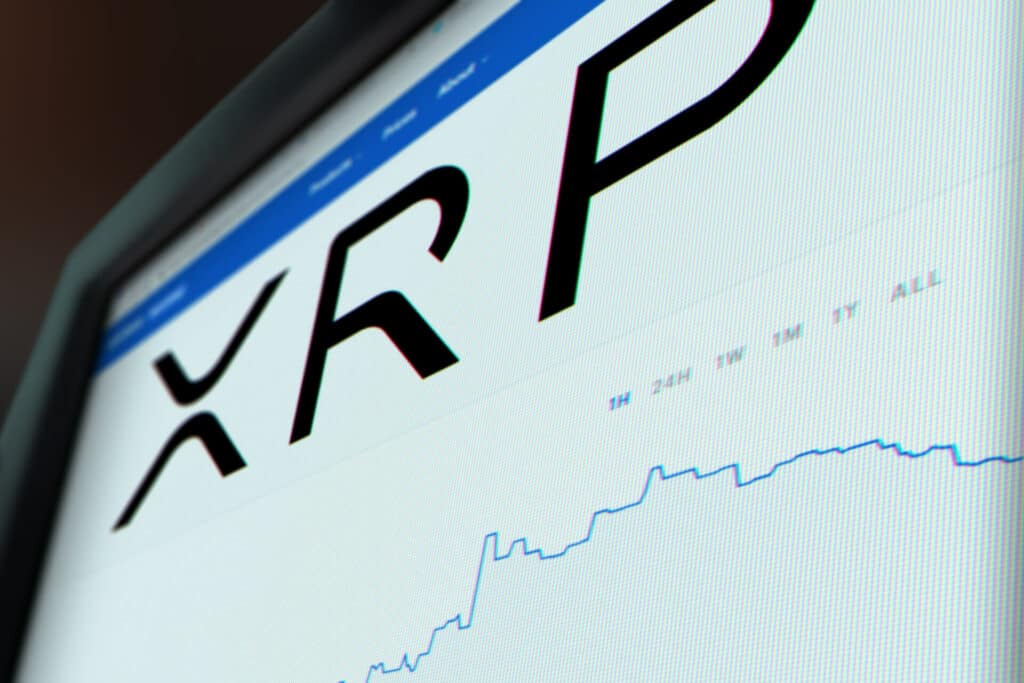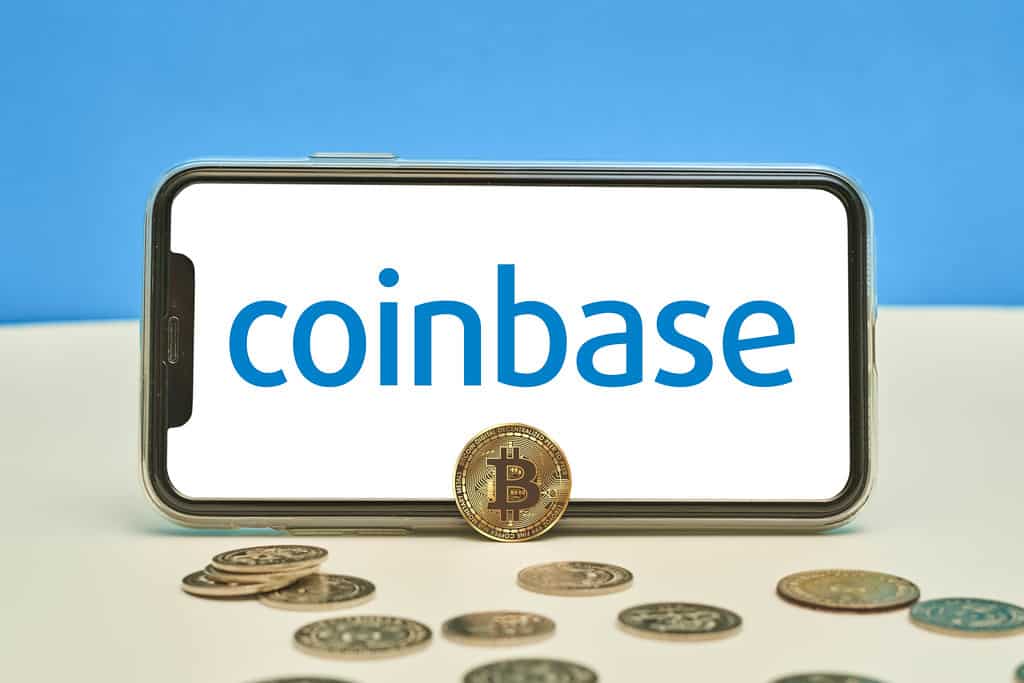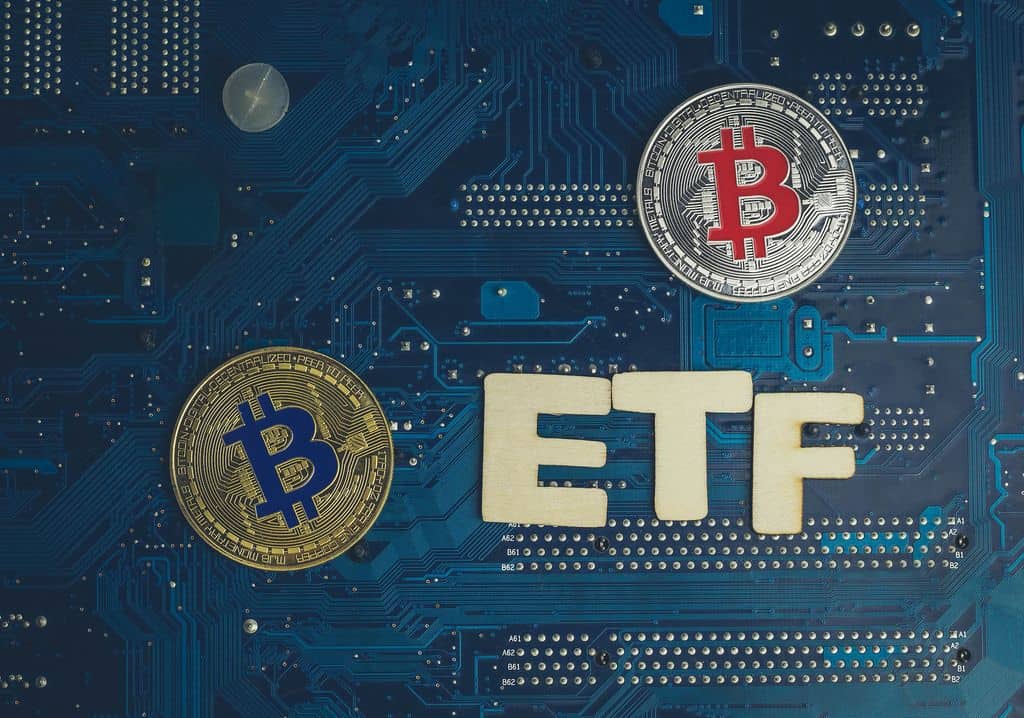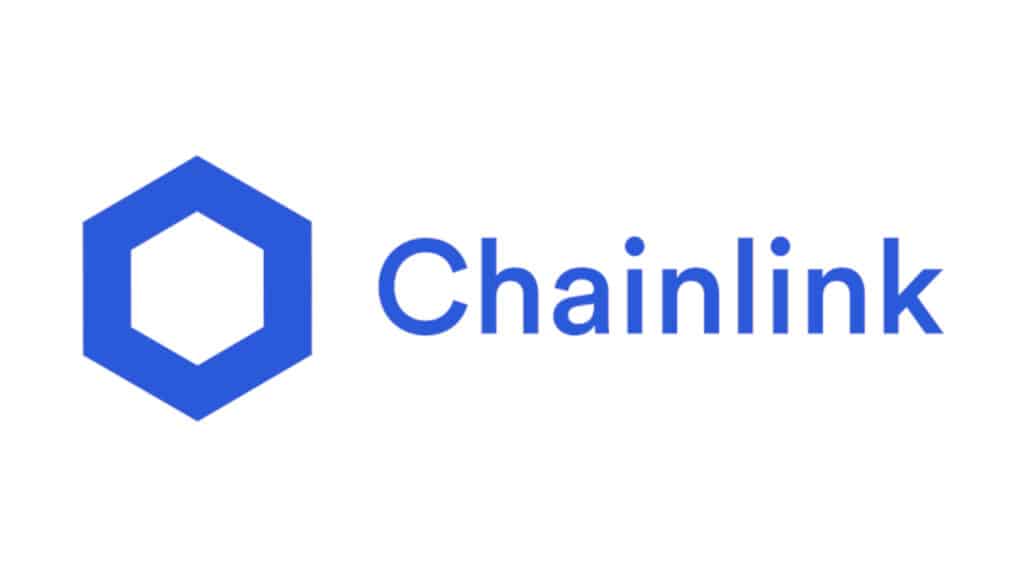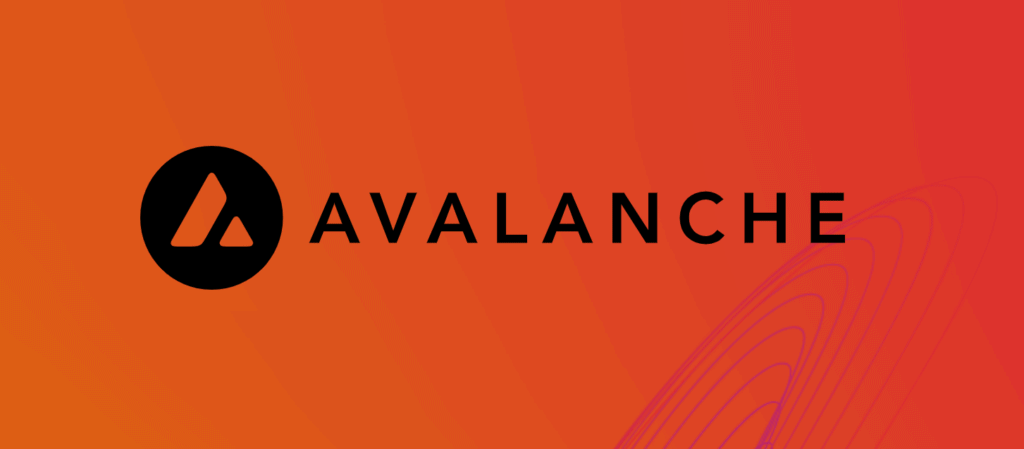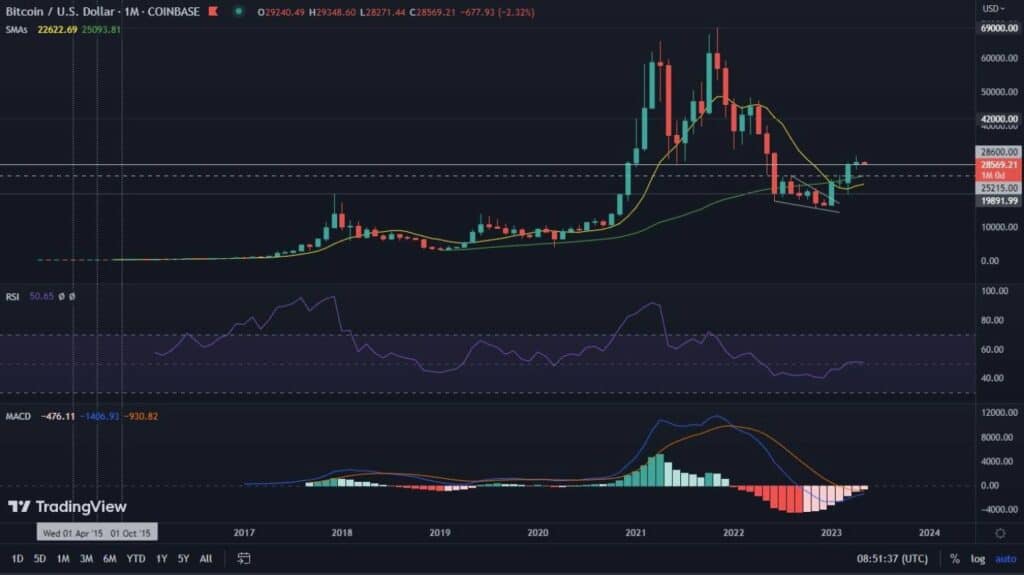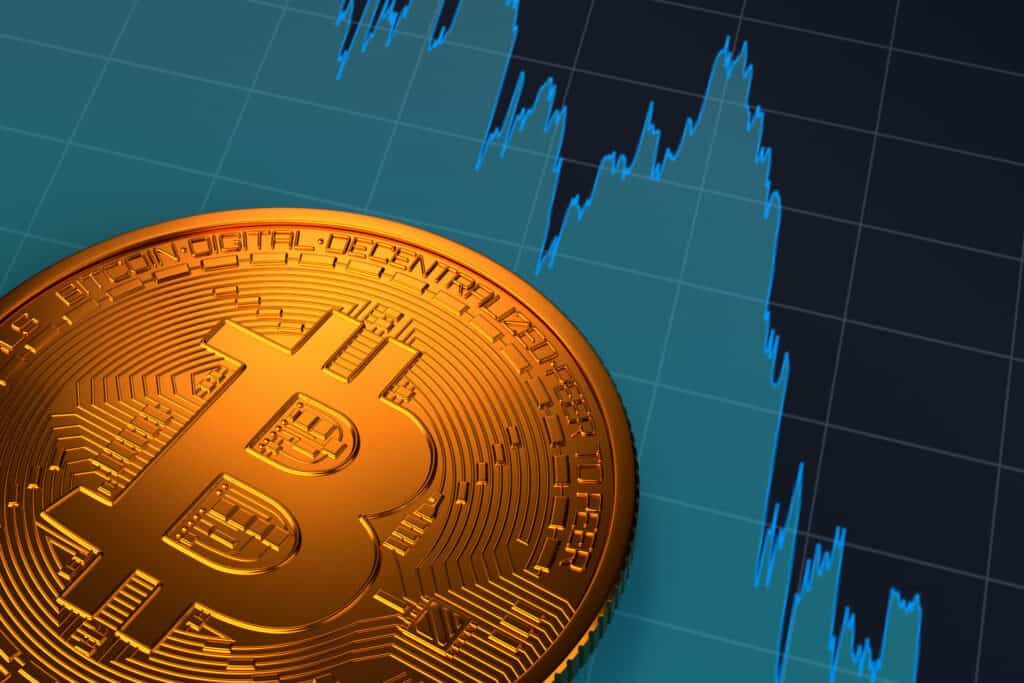In the long-running battle between the SEC and Ripple, the issuer of the XRP token is claiming another small victory. Can the legal team behind Brad Garlinhouse reach a definite victory?
2018 documents side with Ripple
We have reported on the SEC vs. Ripple case many times before. The latest news again puts Ripple in a good light. As it turns out, Ripple representatives have long sought to know whether the XRP token can be treated as a security under U.S. law. To be legally classified as a security, a number of additional regulations must be met.
Garlinghouse wanted to avoid this by creating a product dedicated primarily to blockchain technology and banking needs. To that end, numerous pieces of legal advice were sought. One of these, in the form of a 49-page document, was presented by Perkins Coie. The document, on March 26, 2018, made its way to the desk of William Hinman, who is the Director of the Division of Corporation Finance on behalf of the SEC. His role at the SEC is to ensure that investors have access to reliable information in order to make informed decisions, as well as to help interpret often complex regulations.
An excerpt from a letter Hinman received at the time includes the following:
“A token by itself is never an investment contract […] An investment contract is created by understanding how a token will be transformed into something of useful value.”
This letter clearly became legal advice to the Commission. Moreover, it was written 3 months before Hinman’s speech in which he stated that both Bitcoin and Ethereum do not constitute securities.
Hinam’s commentary also came later, supported in a 2019 letter to Congressman Ted Budd in which SEC Chairman Jay Clayton outlines a similar position.
The SEC does not give up
It would seem that this information is in the clear. As it turns out, for the SEC, they do not qualify as a bargaining chip for Ripple. The SEC recognizes that these opinions are not those of the SEC, but the private observations of Hinman and Clayton, and do not represent the agency’s views.
However, the case remains a developing one. The final verdict on the merits of this opinion will rest with the court.


